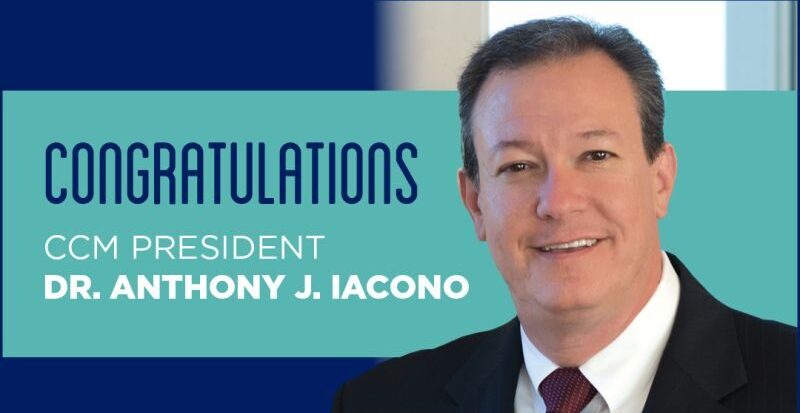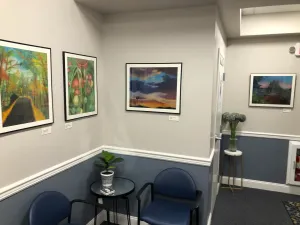Dr. Charles Selengut Seeks to Combat Religious Violence and Encourage Tolerance
 A distinguished professor at County College of Morris (CCM), Dr. Charles Selengut has been honored with an appointment to an international foundation focused on promoting peace among different religious communities.
A distinguished professor at County College of Morris (CCM), Dr. Charles Selengut has been honored with an appointment to an international foundation focused on promoting peace among different religious communities.
Professor of Sociology, Economics and Anthropology at CCM since 1970, Selengut has been appointed to the International Advisory Board of the Twelve Gates Foundation. The organization, consisting of religious scholars from around the world, works to promote discussion, reconciliation and harmony in an interfaith world.
Selengut is known around the globe for his expertise in religious fundamentalism, specifically the interaction between society and religion, and the understanding of why peace-loving religions engage in violence.
“Most religions developed separately from other religions in the pre-modern world,” Selengut says. “For example, Muslims lived in an all-Muslim society; they didn’t have to contend with Christians or Jews or Hindus. In the modern world, religions are pushed all together and they don’t know how to deal with an integrated world.”
Selengut says his studies focus on finding aspects of each religion that make it possible to hold one’s faith but also understand and validate alternative views. “There are elements in religion that can resolve violence,” he says. “The issue is that in some religions the people that have appropriated the tradition refuse to acknowledge the possibility of harmonious relationships. Often it’s a battle between the moderates and the extremists.”
Among the Twelve Gates Foundation’s main goals is to encourage the world’s religious leaders to focus upon and teach how their own religious traditions and sacred texts mandate religious tolerance.
A respected writer and editor, Selengut has authored two books, “Sacred Fury: Understanding Religious Violence” in 2003, and “Our Promised Land: Faith and Militant Zionism in Israeli Settlements” in 2015. Both were listed in their respective years of publication as one of the top 10 books on religion by the American Library Association. He also has spoken on the topic of religious violence at the United Nations and was named a member of the McArthur Foundation “Project on Fundamentalism.”
Students in one of Selengut’s classes may find themselves expanding their horizons to see another way of living in the world. “Some people are so locked into their own conceptions of what is right or wrong, that it makes it difficult to live with one another,” he says. “What sociology can do is help them see that appreciating alternative forms can make for more harmonious relationships.”
Selengut reminds his students that because modern societies are so connected by trade, tourism and mass media, it’s even more important to understand and legitimize other cultures and their practices.
Twelve Gates seeks to draw together representatives of all religions to create dialogue among them. “Our goal is to organize meetings and produce works that show that all religions can acknowledge the validity other religions,” Selengut says. “We encourage the members and leaders to rediscover elements that would encourage tolerance and acceptance of other religions.”
Selengut is quick to point out that CCM should be considered a place of significant and groundbreaking research, and many faculty members do work at a university level. Even though he enjoys being invited elsewhere to lecture, CCM has always been his home. “It just felt right,” he says.



